Category: Engineering
-
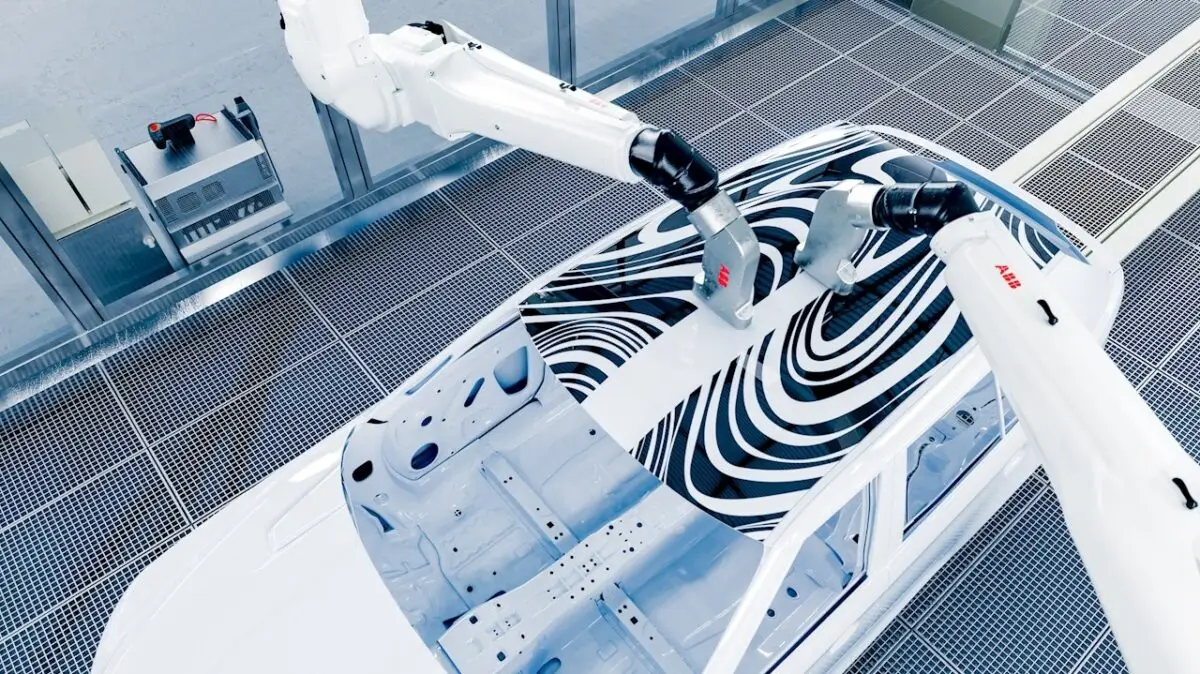
ABB Automotive Robotics appoints loop as global media contact
loop has been appointed to manage worldwide media relations on behalf of ABB – a leading global supplier of industrial robots, robot software, equipment and complete applications solutions – for its Automotive Robotics division.
-
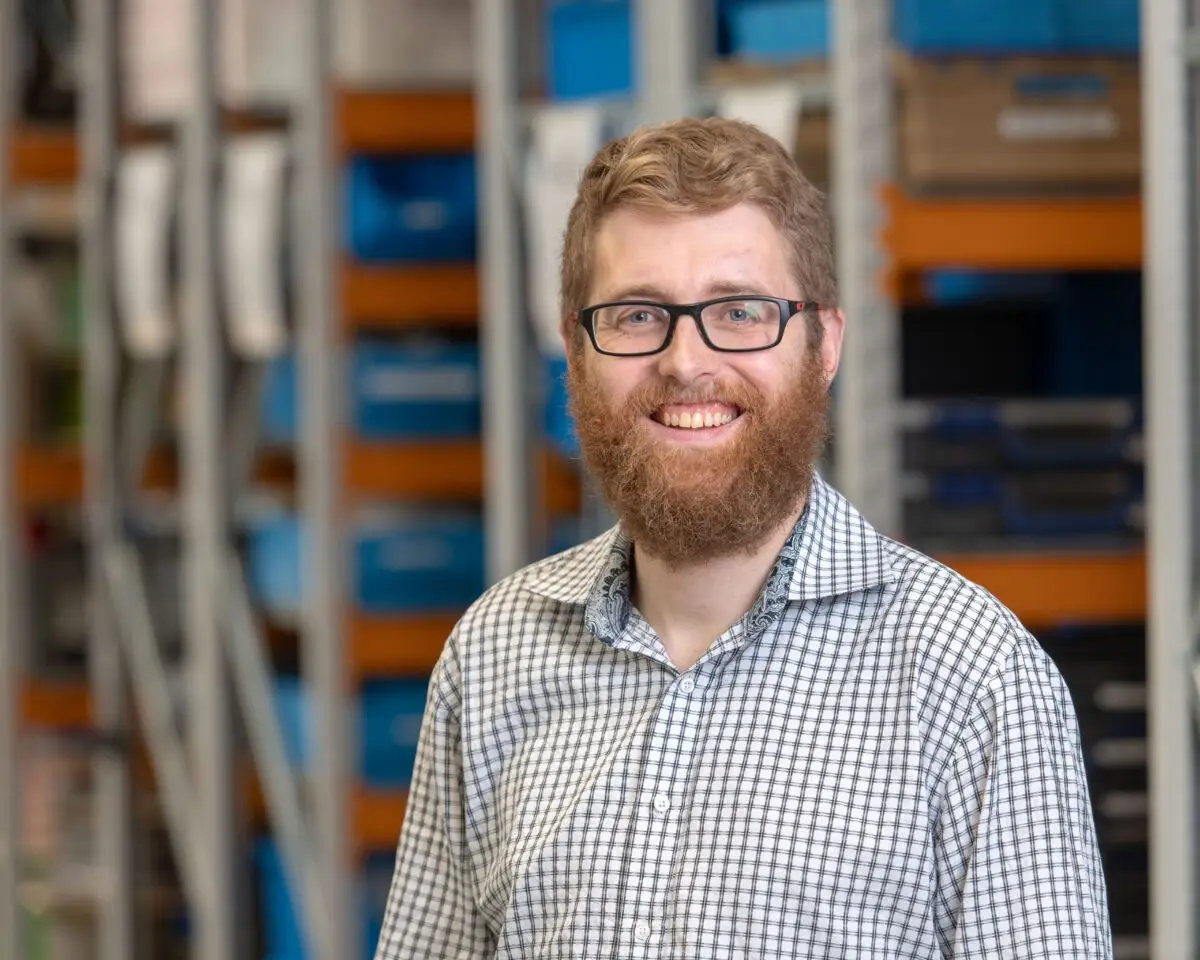
New swarm testing accelerates ADAS and autonomous vehicle development
Leading automotive test system supplier AB Dynamics has showcased its unique capability to replicate simulated swarm tests quickly and accurately in the real world and vice-versa.
-
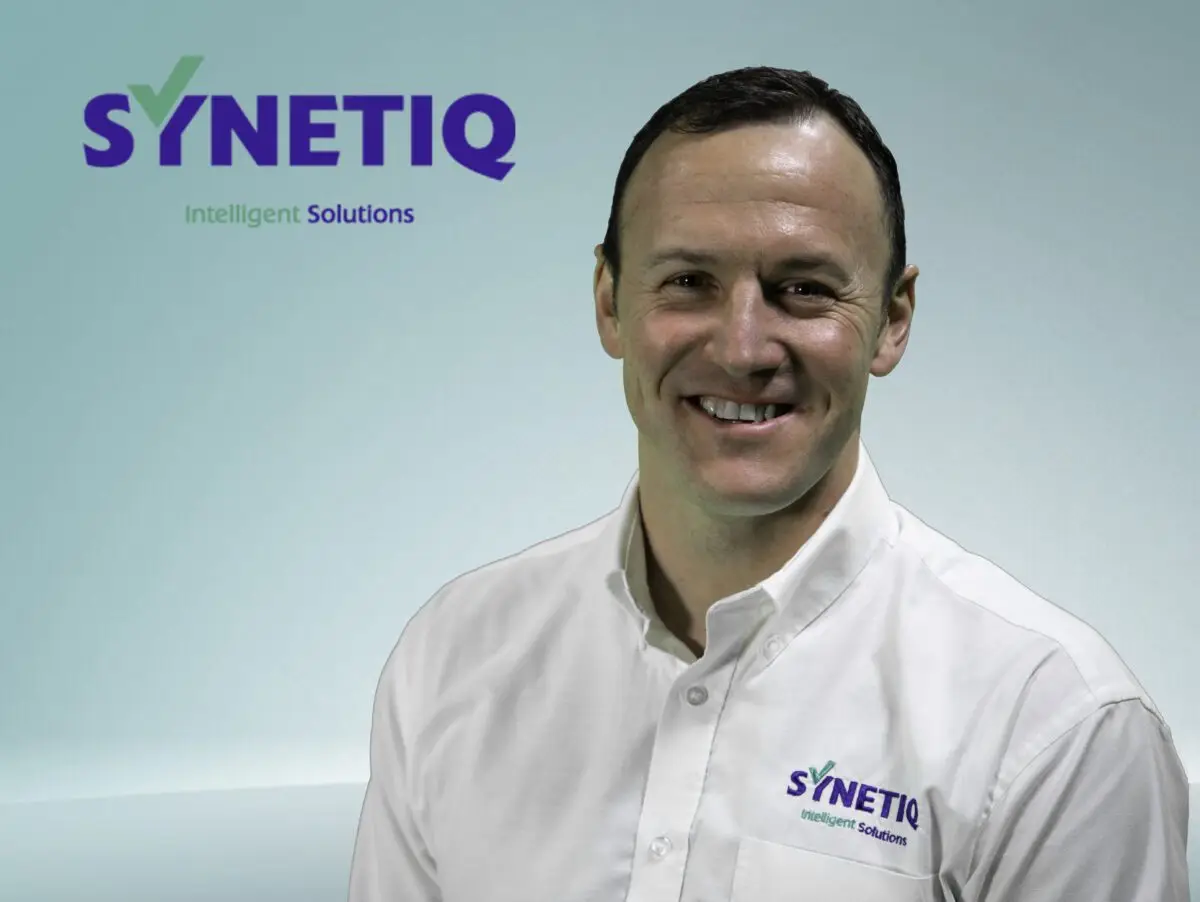
SYNETIQ appoints Tom Rumboll as new CEO
SYNETIQ has announced tha, current Executive Chairman Tom Rumboll has moved to become the Chief Executive Officer (CEO) of the company.
-
-1200x712.webp)
MAHLE negates COVID restrictions to OEM test programmes
Engineering services specialist MAHLE Powertrain has helped a major vehicle manufacturer to overcome testing challenges posed by travel restrictions during the Covid crisis.
-
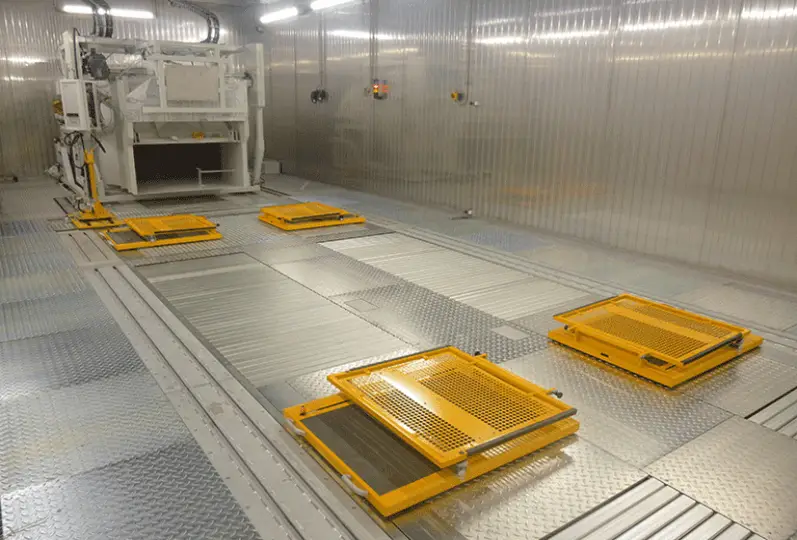
MAHLE Powertrain success drives new test chamber
MAHLE Powertrain has unveiled plans to invest in a second test chamber at its Real Driving Emissions (RDE) Centre in Northampton UK.
-

How new technology helped SYNETIQ keep moving
As the UK’s largest integrated salvage and vehicle recycling company, SYNETIQs Infrastructure and Development teams had to quick adapt to the business disruption that 2020 delivered, ensuring that it continued to operate safely and remain compliant.
-
-1200x574.webp)
MAHLE Powertrain sets its sights on e-mobility of the future
MAHLE Powertrain (MPT) is expanding its portfolio with an intensified focus on e-mobility with a total of EUR 12 million is to be invested in the construction of five new testing and development facilities.
-
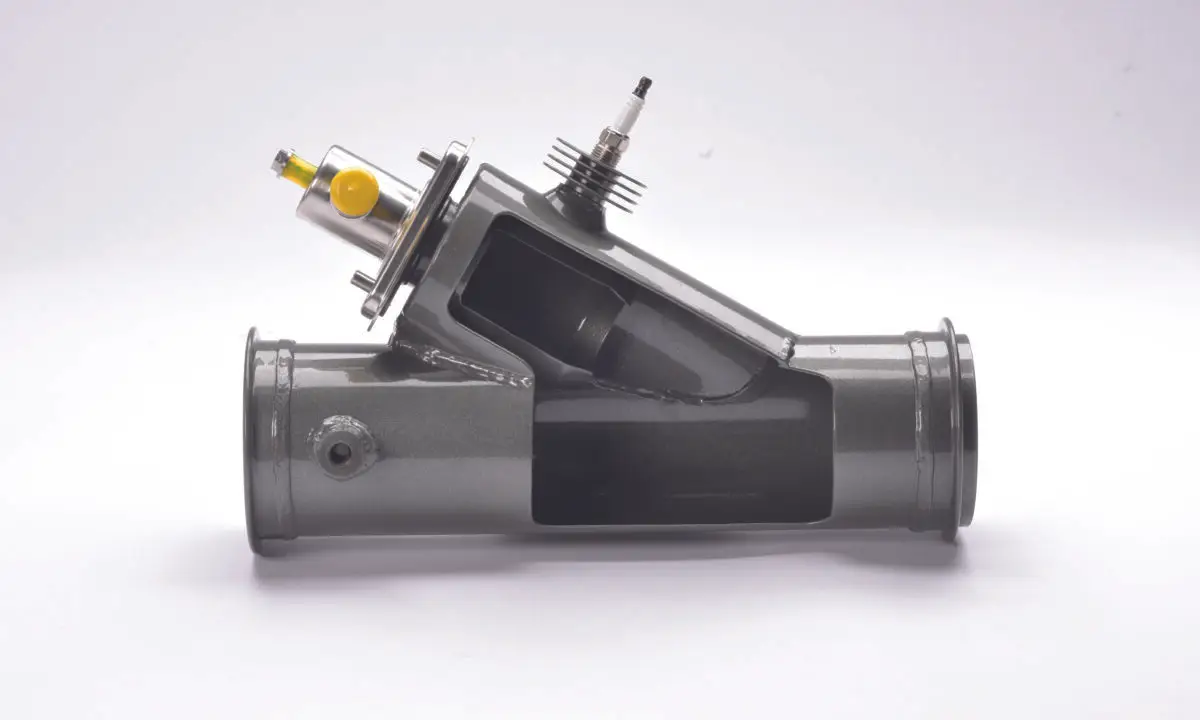
Eaton and Tenneco to help CVs hit emissions targets
Power management company Eaton and Tenneco have announced a joint development agreement to produce an integrated exhaust thermal management system that will enable commercial truck and light vehicle manufacturers to meet upcoming emissions regulations.
-
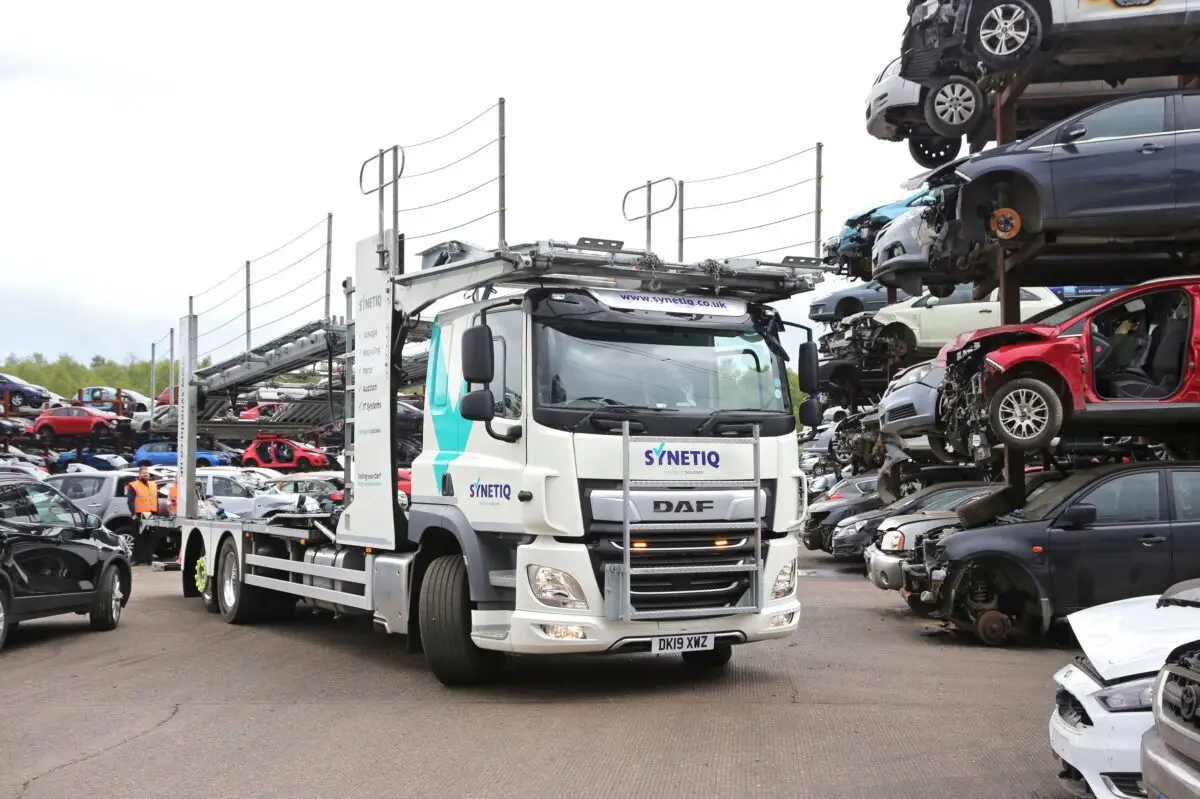
SYNETIQ renews partnership with Covéa Insurance for salvage and green parts
SYNETIQ is delighted to announce it has renewed its multi-year agreement with Covéa Insurance, to continue providing salvage management and green parts supply across the UK.
-
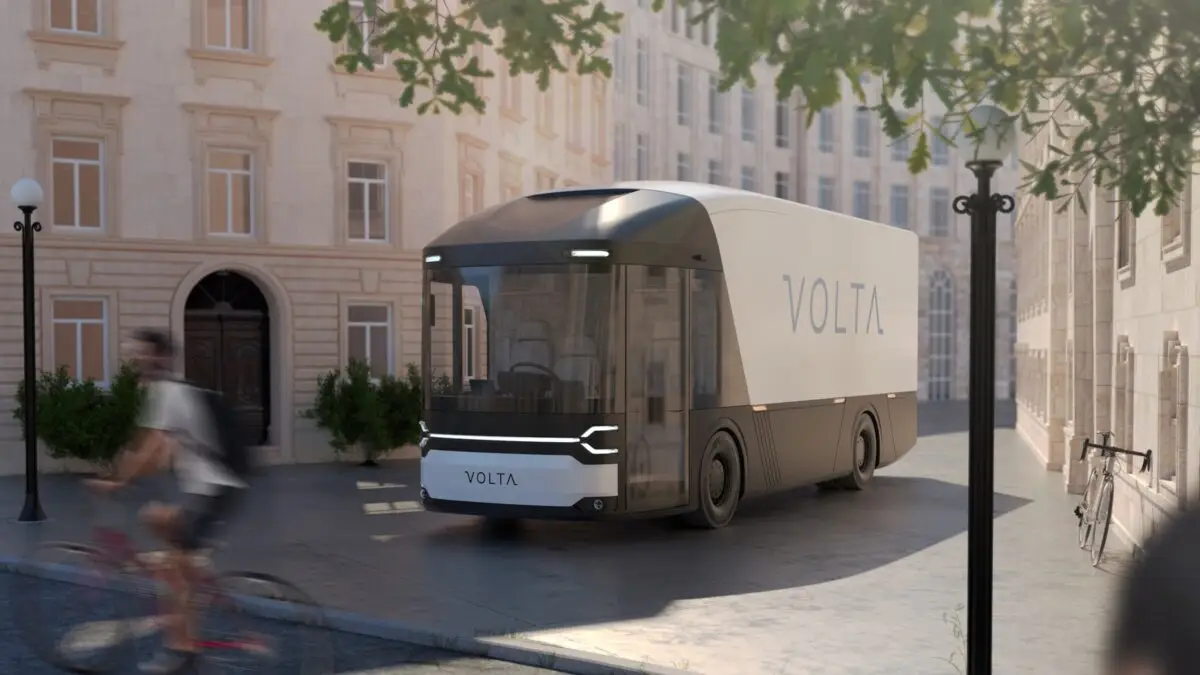
Volta Trucks partners with Prodrive to develop electric HGV
Prodrive’s advanced technology business to be responsible for engineering 16-tonne, zero emissions, pedestrian-friendly vehicle
